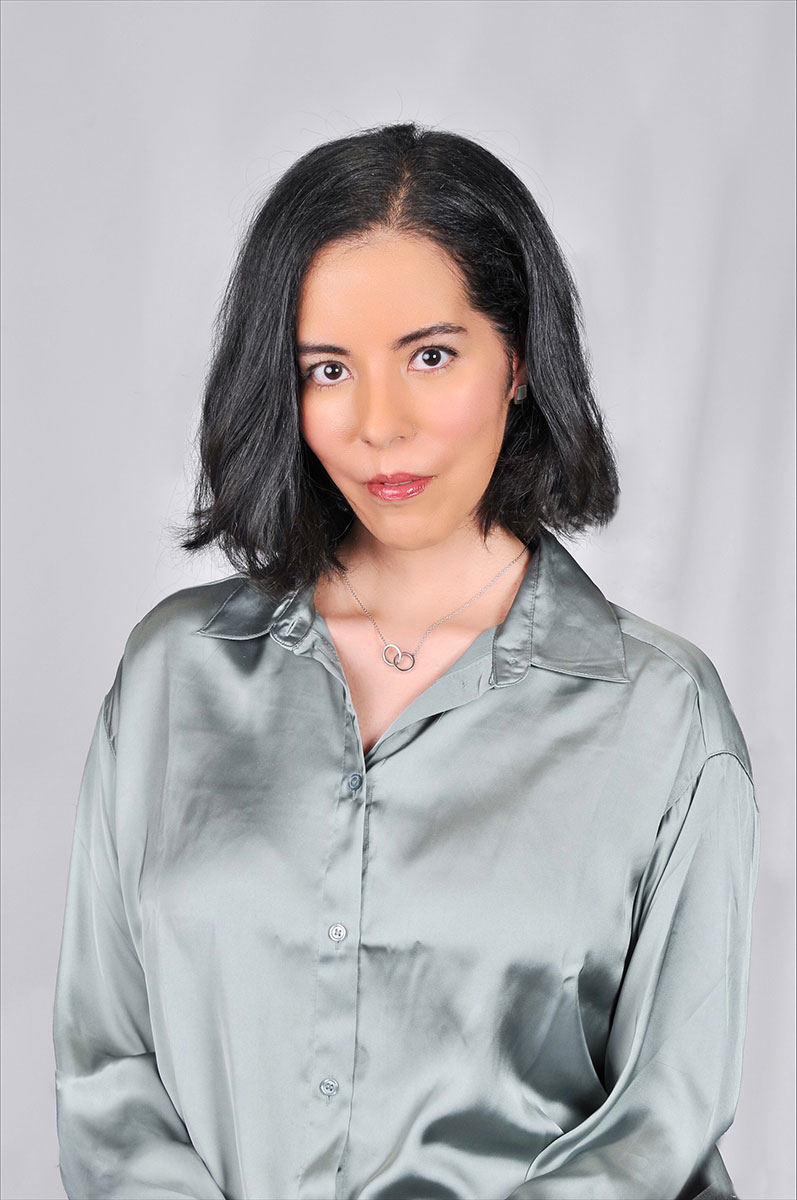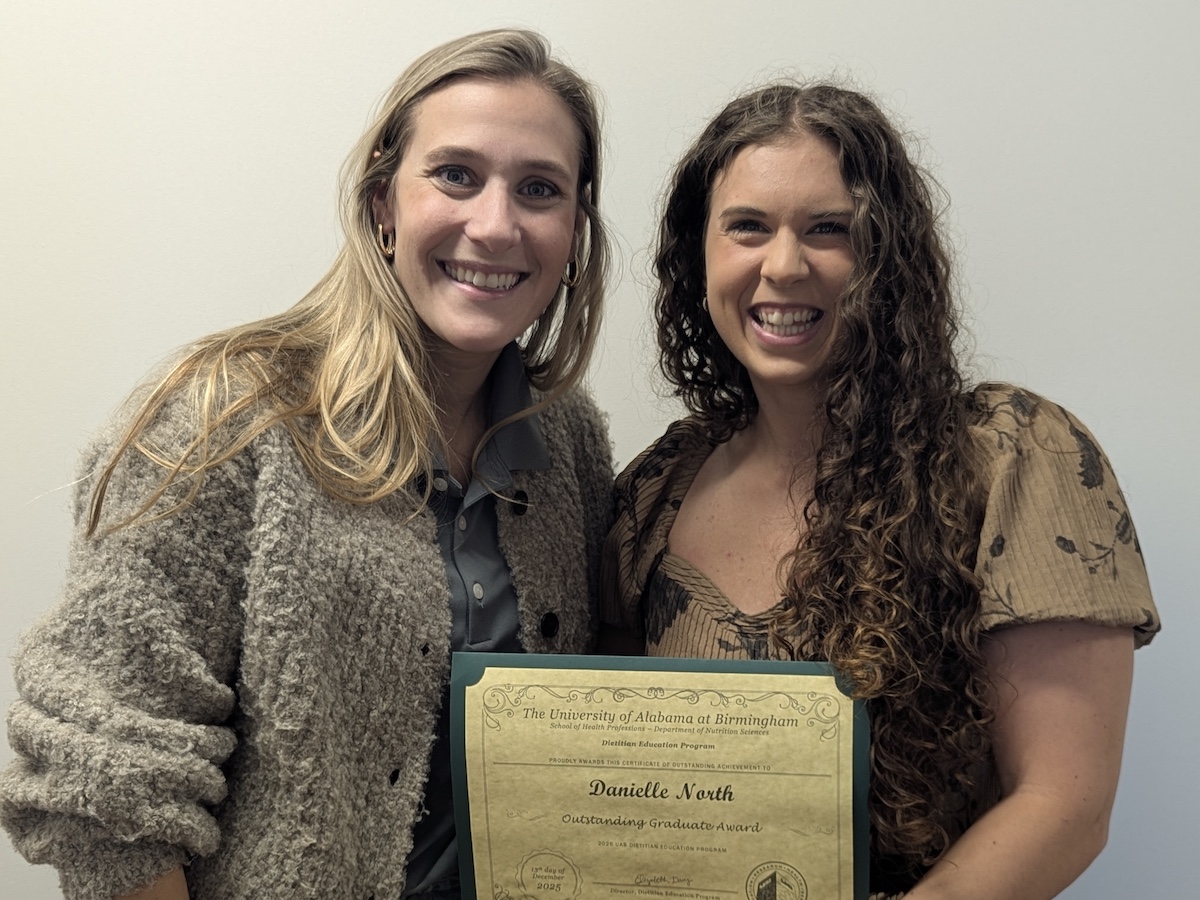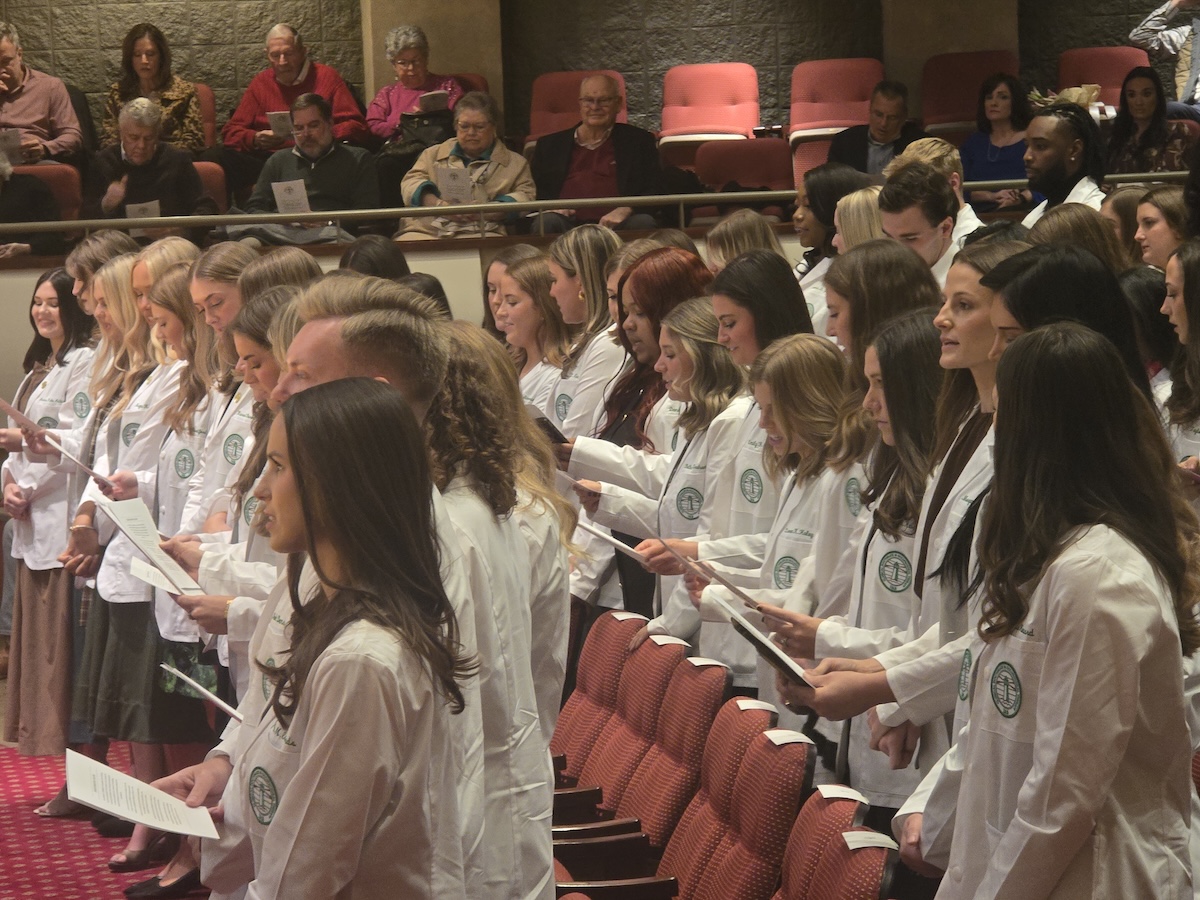 Lindsay BoweOn the morning of Oct. 26, feedback about John Fetterman’s debate performance the night before was overwhelmingly abysmal. Critics acknowledged the auditory processing challenges he faced as a recovering stroke survivor but were unequivocally dismissive of his chances in the United States Senate race in Pennsylvania. Some called for him to withdraw from the race altogether.
Lindsay BoweOn the morning of Oct. 26, feedback about John Fetterman’s debate performance the night before was overwhelmingly abysmal. Critics acknowledged the auditory processing challenges he faced as a recovering stroke survivor but were unequivocally dismissive of his chances in the United States Senate race in Pennsylvania. Some called for him to withdraw from the race altogether.
His opponent agreed to allow closed captioning accommodations so that Fetterman could read the questions that were being asked of him before answering. Yes, he still fumbled a few words because of his disability, as he told us he probably would. But as opinion columnist Liz Plank put it, “If having a stammer or a hearing impairment disqualifies someone from running or holding office, are we living up to the promise of democracy and government by the people?” Furthermore, if we discourage someone from running for office because of their disability, how can we call our government representative?
The CDC reports that over 25% of Americans have some kind of disability. People with a disablity are twice as likely to live in poverty and face a wage gap, earning 74 cents for every dollar earned by nondisabled individuals. 40% of disabled renters faced housing insecurity in 2021, compared with the national average of 25%. Solving these problems requires electing policymakers who can and care to prioritize them. And with only 2% of current, federally elected officials identifying as having a disability – see the 2022 NCIL database – we have some work to do to grow representation from this community.
“The people” have spoken regarding John Fetterman: his campaign raised over $2 million from small donors within the first 24 hours after his debate and he won his election to the Senate last week. His victory will encourage other people with disabilities to run for elected office in the future, even if the odds are against them. It will also motivate nondisabled people who work in government and in the media to facilitate inclusive environments that encourage people of all abilities to participate, because this land was made for you and me.
Editor’s note: Lindsay Bowe is a graduate student in the UAB School of Public Health. She is a disability advocate and political strategist who just served as Communications Manager for a state legislature campaign in Arizona.

